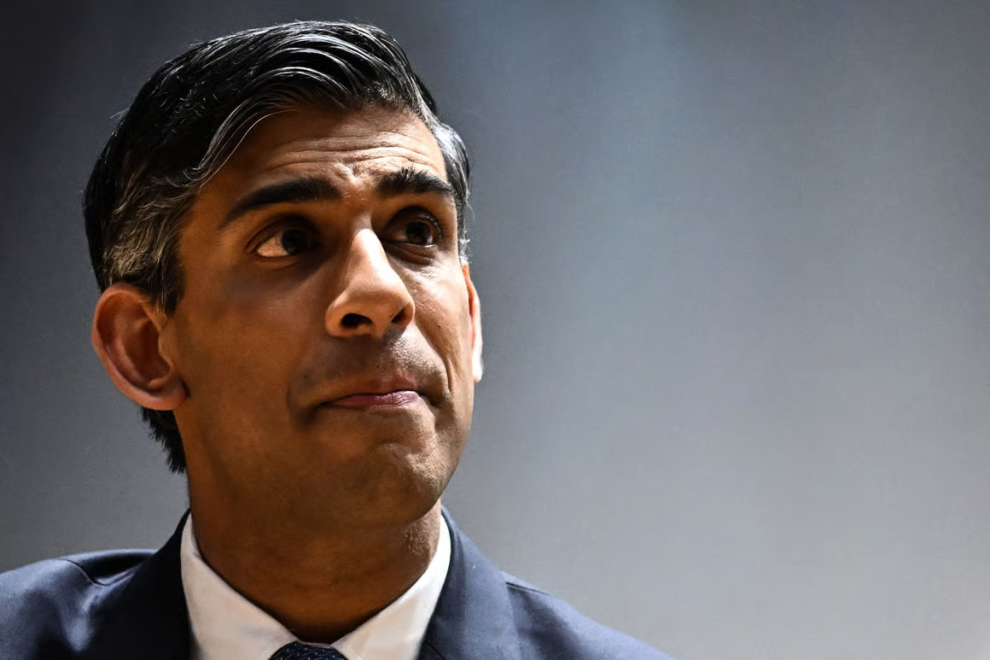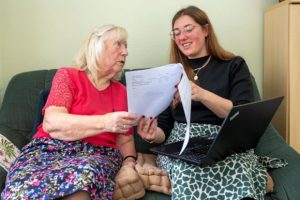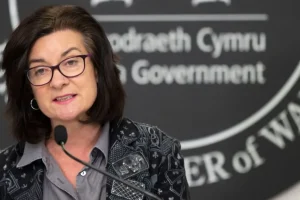THE AFTERMATH of the Armistice Day clashes has prompted Prime Minister Rishi Sunak to consider bolstering police powers to manage protests, a move that could lead to tighter regulations on public demonstrations across the UK.
Former Home Secretary Suella Braverman faced dismissal amid accusations of exacerbating tensions during the Armistice Day clashes. Pressure mounted on Prime Minister Sunak to include her removal as part of a broader ministerial reshuffle. Reports suggest that Sunak is contemplating legislative changes to facilitate the banning of marches and the prosecution of individuals glorifying terrorism.
In the wake of the Armistice Day clashes in London, Defence Minister James Heappey expressed the need to strengthen existing laws to prevent protests where “hateful” messages are displayed or chanted. Pro-Palestinian demonstrations, coupled with confrontations during a far-right counter-demonstration on Saturday, have seemingly convinced government officials of the urgency to take action.
Heappey emphasised that while the police have operational independence in handling protests, the government must assess whether current laws are adequate. In an interview with Sky News, he stated, “clearly the law needs to be strengthened” if protests featuring “hateful” elements become recurrent.
Prime Minister Sunak, echoing Heappey’s sentiments, asserted that both far-right and pro-Palestinian protesters must face the “full and swift force of the law.” This stance follows Braverman’s calls to halt pro-Palestinian protests, citing concerns about the spread of hate, violence, and antisemitism on London’s streets.
Critics, including Shadow Home Secretary Yvette Cooper, blame Braverman for escalating tensions through an “appalling and unprecedented attack” on the police’s impartiality. Cooper accused Braverman of deliberately stoking tensions with her remarks, focusing primarily on pro-Palestinian demonstrators.
The Metropolitan Police reported that seven men have been charged with various offences, including assault on an emergency worker, criminal damage, and possession of an offensive weapon. In the midst of the ongoing investigations, Sunak is expected to urge Metropolitan Police Commissioner Sir Mark Rowley to address antisemitic slogans and swiftly arrest protesters involved in such activities.
Sunak’s proposed crackdown could extend to tightening laws around fireworks, smoke bombs, and flares, as well as implementing new regulations to prevent protesters from climbing on statues. The threshold for police intervention due to safety concerns during marches may also be lowered, considering the cumulative impact of weeks of protests.
Sir Mark Rowley, who resisted political pressure to ban the Gaza march coinciding with Remembrance events, faces potential accountability for his decision in the forthcoming meeting with Prime Minister Sunak. The discussions may shape the future landscape of protest regulations in the UK, with implications for both security and civil liberties.
















